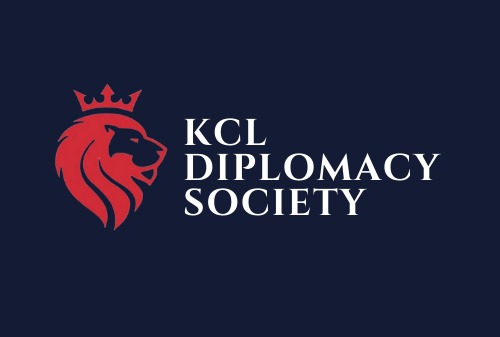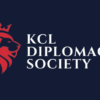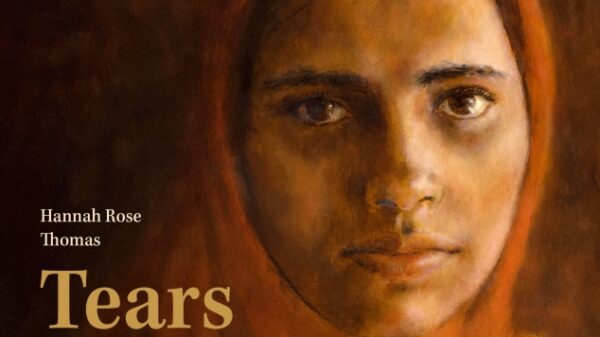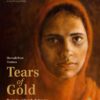The point of university is to figure out what we will spend our lives doing. Every month, Roar News talks to inspiring people about their job and career, and what steps led them to be where they are now.
This month, Roar has spoken to BBC’s broadcast journalist Gurvinder Gill about how she went from studying psychology to working for the world’s oldest national broadcasting organisation, and the largest broadcaster in the world by number of employees.
Whether it is broadcast, TV, or print, pursuing a career in the field of journalism is attractive to many of King’s students (ask any member of Roar). BBCs broadcast journalist Gurvinder Gill did just that, although it was not according to plan.
Roar meets Gill at BBCs Central London New Broadcasting House, which has to some extent been the home of the worlds largest broadcaster since 1932. She tells Roar that she ended up pursuing a career in journalism after trying it out student radio.
“I thought it was really fun, and it sort of developed from there,” Gill says, adding that she was studying psychology at the time.
A couple of years would pass before Gill met a journalist who encouraged her to do a postgraduate degree in Broadcast Journalism. “[They] said I should do a postgrad in journalism, that it would be the best thing I’ll ever do, which was true. The training was quite full-on and intense, and it really helped me,” Gill says.
It is not nine to five
After completing her studies, the broadcast journalist worked on several short-term contracts in Cambridge and Leicester, until she was made permanent in the BBC. “That was a good feeling,” Gill says of that day, which eventually allowed her to move back to her native London.
The BBC headquarters are excactly what you imagine them to be, yet more than that. The insides of the gigantic building leaves any aspiring journalist awestruck – here is the BBC News studio in all its frantic and restless glory, in addition to numerous other BBC radio channels and TV shows.
Roar cannot join Gill into the Radio 1 newsroom, however. “There is some band in the studio at the moment,” she explains, without elaborating on which band it is (is she hiding a One Direction reunion from us?)
“Every day is different. It is not nine to five, especially if you’re sent out to report on something,” she says, explaining that a reporter might be asked to stay overnight at the location they are sent to.
The Beast from the East
That is what happened, for instance, when Gill was sent to Devon to cover the so-called Beast from the East, having to buy wellies in preparation for the snowstorm that paralysed Britain in 2018.
Now, if you come from a Nordic country (like this Roar writer does), you might not understand all the fuss about snow in this country. But, according to Gill, it was a big deal for our British neighbours.
Gill was tasked with finding a farmer and figure out what it was like for farmers in the extreme weather conditions. “I found a dairy farmer, which was quite hard to do, but because it was such a small town and so much snow there were no taxis available,” she explains. After much trouble, she found a taxi with snow tires (should they not all have that in winter?) to take her out to the farm and got her interview. “That really sticks out in my mind because it could have gone all wrong, but it ended up being a good story,” she adds.
Rewarding work
The BBC offers opportunities for employees to try different departments, and at the moment, Gill works for BBC Radio 1 and 1Xtra Newsbeat (where One Direction may or may not be reuiniting, wink wink.)
Asked about what the best part of her job is, Gill says that she enjoys that she gets to be creative and work with so many different people.” Meeting different people, finding out their stories and getting their perspectives is quite rewarding,” she says.
The fact that her bosses aim to make sure the BBC include voices that are not just from London or the South, allows Gill and her colleagues to meet a diverse set of people. “The voices reflect people across the whole country because that’s what we’re covering,” she explains.
Show initiative
The downside of journalism is, according to Gill, the time pressure. She says it gets stressful when for example she struggles to find a case study for a story. “Can I deliver this in time, will it be what they’re looking for and good quality – you need to find voices that are good.”
Gill thinks editors view students with a journalism degree “as a higher calibre,” but that studying journalism is not the only way to end up in a newsroom. Her best advice is to get as much experience as possible and to contact the editors of the places you are applying.
“They like that. It shows that you show initiative and that you can find people – that is a big part of the job anyway, isn’t it?”
She also encourages aspiring journalists to be creative when looking for stories, and lists “talking to people” as one of her best pieces of advice. “I use Twitter and see what is trending there, and even found stories from watching soaps. Eastenders had a storyline about rape and consent, and I thought it was a good story for our audience,” Gill tells Roar.


















